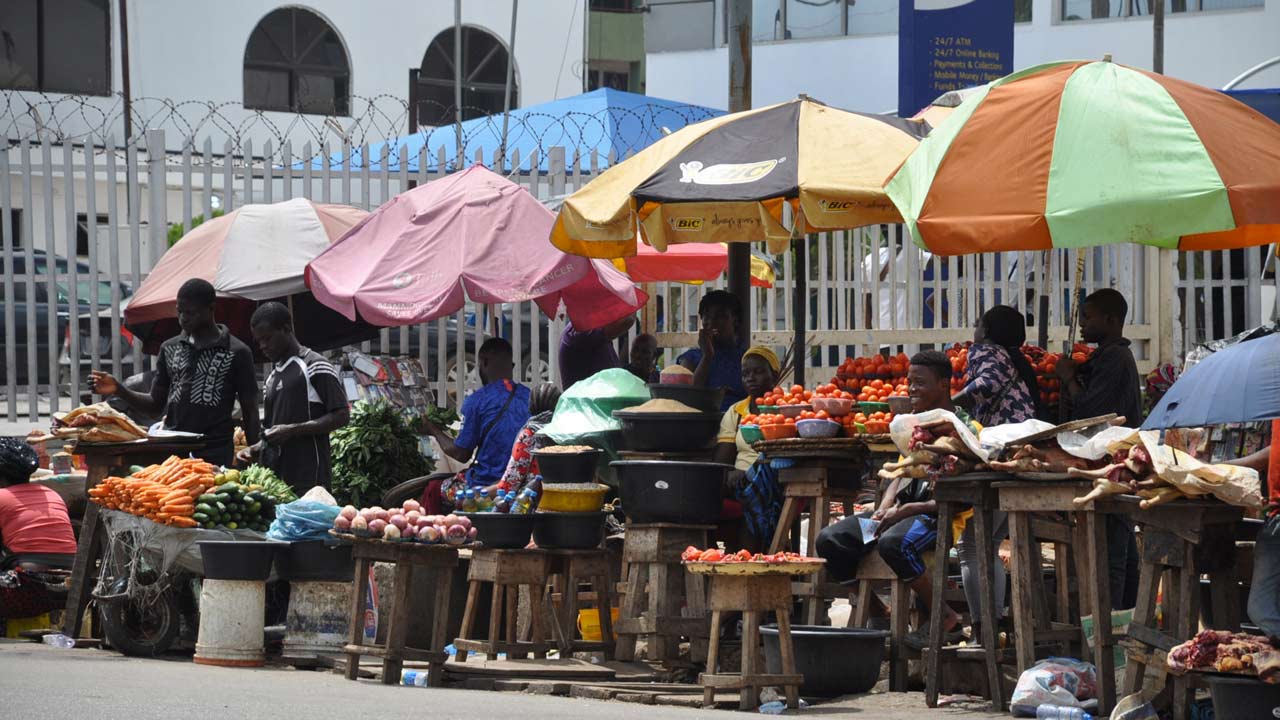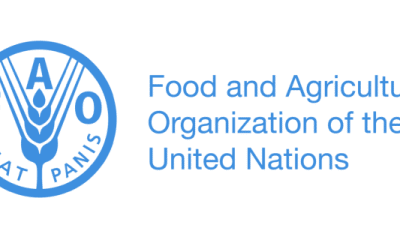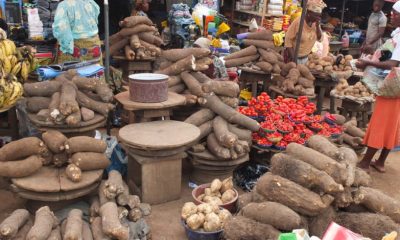Nigeria News
Food Crisis: 2.6 Million Nigerians May Go Hungry In 2024 – FAO

The Food and Agriculture Organization (FAO) has said that a staggering 2.6 million Nigerians in Borno, Sokoto, Zamfara States, and the FCT could potentially face a severe food crisis between June and August 2024.
This alarming information was revealed by FAO’s country representative, Dominique Kouacou, during the presentation of the October to November round of the Cadre Harmonise food security and early warning analysis in Abuja.
Dr. Abubakar Suleiman, Assistant FAO representative, Programme, represented Kouacou during the announcement, highlighting the significance of this analysis, which was conducted in 26 states and the FCT.
The assessment aimed to gauge the food security situation and make projections for the future.
The dire forecast comes following an exceptionally challenging season, marked by various hardships, including persistent insecurity due to insurgency and banditry, conflicts related to natural resources, soaring food and agricultural input costs due to inflation, and severe dry spells in some states right after the onset of rains.
Dr. Ernest Umakhihe, Permanent Secretary of the Ministry of Agriculture and Food Security, emphasized the importance of the analysis, which was conducted and validated by a team of highly skilled professionals within the Cadre Harmonise analysis task force over the past two weeks.
Umakhihe noted that the results of this analysis coincide with the government’s intensive efforts to revitalize the nation’s economy at all levels. He also highlighted additional challenges, such as the global impact of COVID-19, the Russia-Ukraine conflict disrupting food systems and driving up input and food prices, and the removal of petroleum subsidies, further inflating food costs.
Environmental and human factors, including climate change, displacement due to insecurity, and seasonal flooding, have all contributed to recurrent concerns, affecting food consumption patterns and leading to the use of irreversible coping strategies among a significant segment of Nigeria’s population.
Umakhihe reaffirmed the ministry’s commitment to lead and support the Cadre Harmonise analysis in Nigeria, with plans to expand its coverage to all 36 states by the end of 2024.
He said though the challenges were daunting, they were surmountable, adding that several factors seemed to be negating the ministry’s efforts.
“Notable among them are the lingering negative impact of COVID-19 on the global economy and the Russia-Ukraine war which is currently disrupting the food systems and spiking up input prices and food prices.
“The removal of petroleum subsidy has further heightened this pressure, resulting in food inflation and increases in the consumer price index,” he said.
He said that environmental and human factors such as climate change, displacements due to insecurity and seasonal flooding regime had all remained recurrent concerns.
Umakhihe said that the disruptions had implications on food consumption patterns and the attendant high use of irreversible coping strategies among a sizable population of Nigeria.
He said the ministry remained resolute in leading and supporting the CH process in Nigeria.
The permanent secretary added that before the end of the year 2024, the ministry would work to mainstream all 36 states of the country in the CH analysis.






